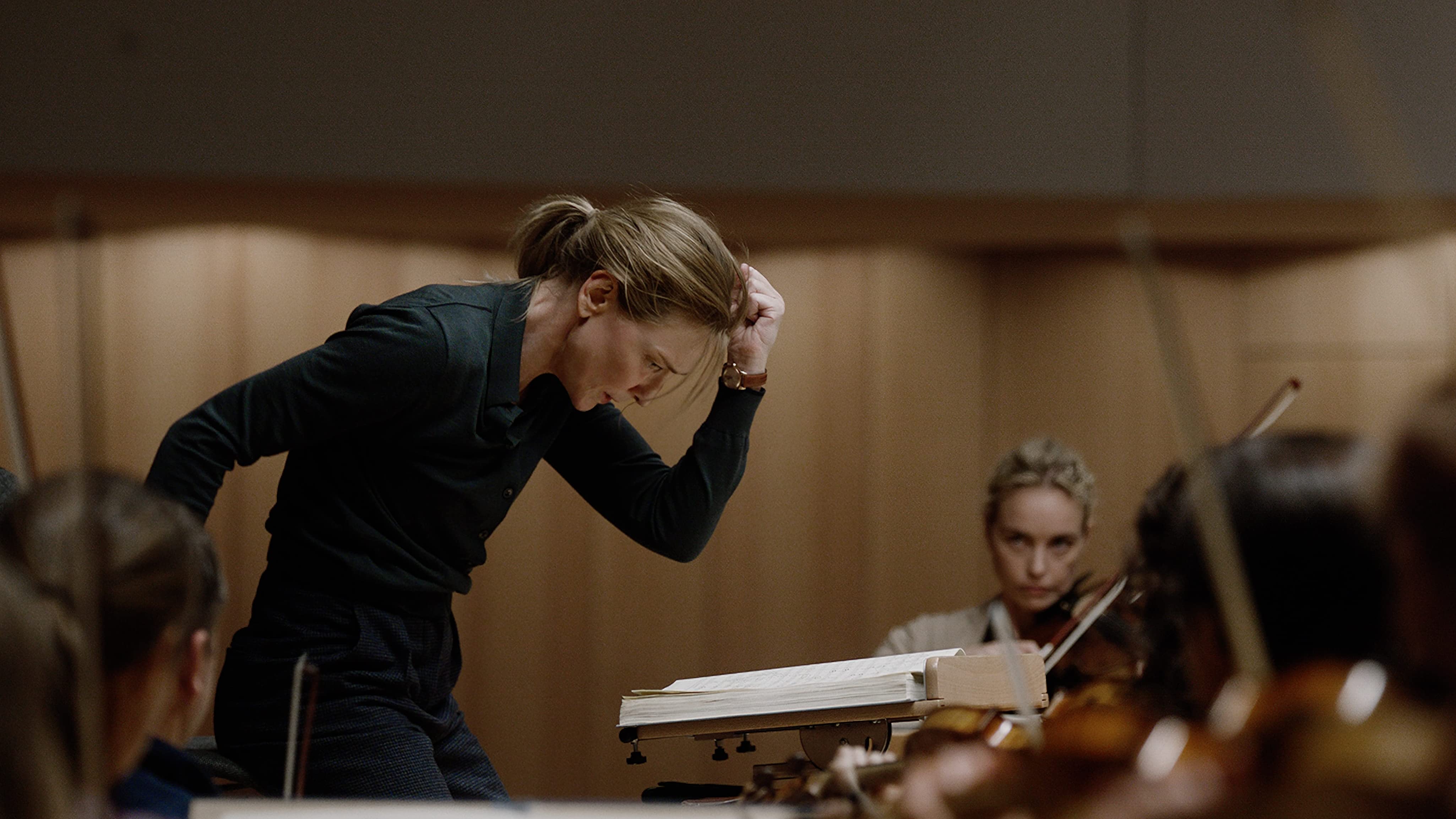Editorial: Why ENO need not fear ACE
mainThe putsch ended today. For the past year, by pressure and poisoned whisper, Arts Council England has been trying to get rid of English National Opera’s director, John Berry, the source of ENO’s highest international stature. Some find Berry difficult, others impossible. ACE encouraged the board to sack him. It almost did, but Berry’s supporters prevailed and the ACE backed down today, guaranteeing the company’s new funding amid much muttering and unveiled threats to its future.
Nothing to worry about.
We remember a senior Arts Council official telling the ENO board she would shut down the company. Never happened.
We recall other attempts by the funding body to assert its nebulous authority. In vain. ACE was kicked out of the Royal Opera House boardroom more than a decade ago and not allowed to return. It was exposed for all to see as a paper tiger.
ENO has nothing to fear from dewlap claws. Officially, ENO has been given two years to convince the ACE of its viability but the landscape may look very different by then. There are political plans afoot to abolish the Culture Department (DCMS) and remove ACE to the purview of a larger, less intrusive organ of state. The pressure will shift. Under new lines of authority, ACE will have more to fear for its survival than ENO. And rightly so.






Comments